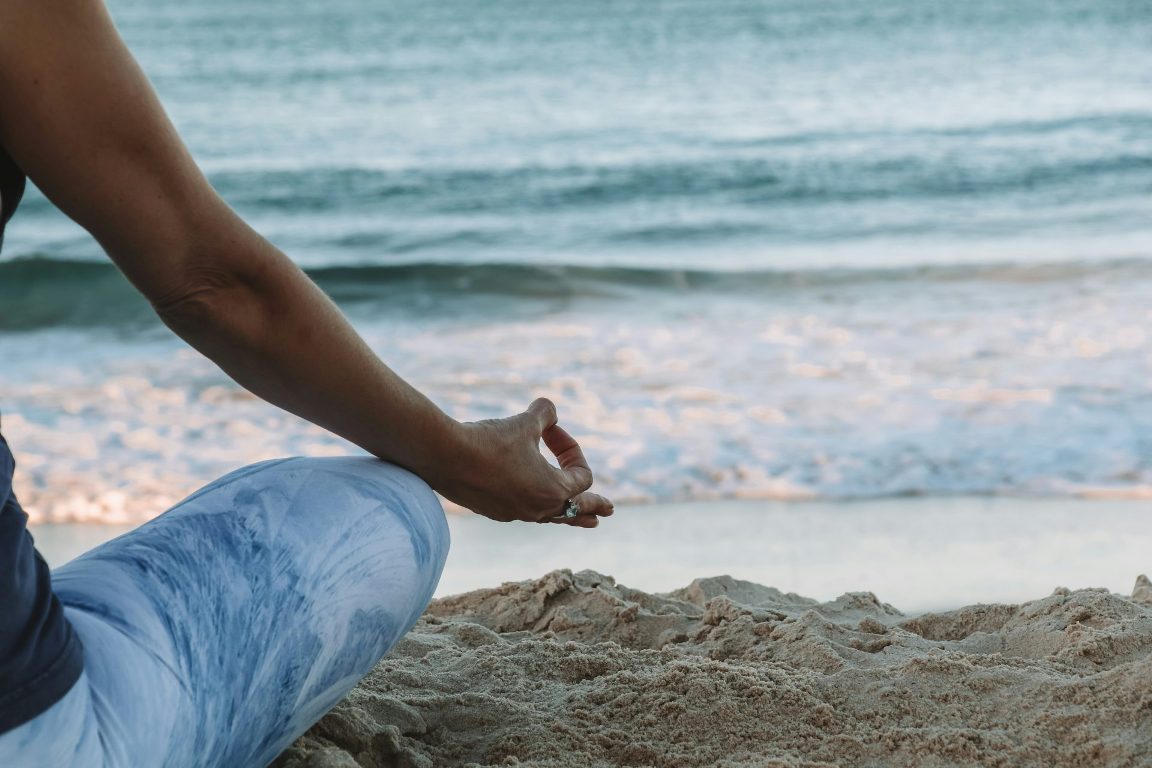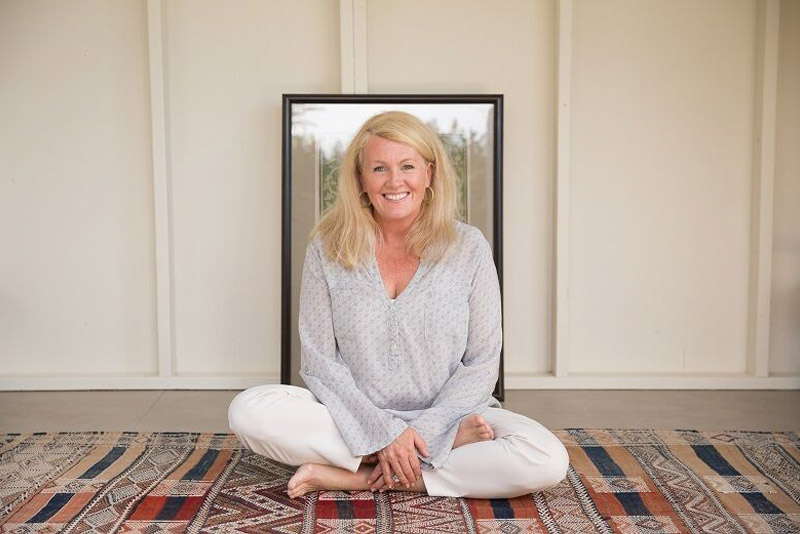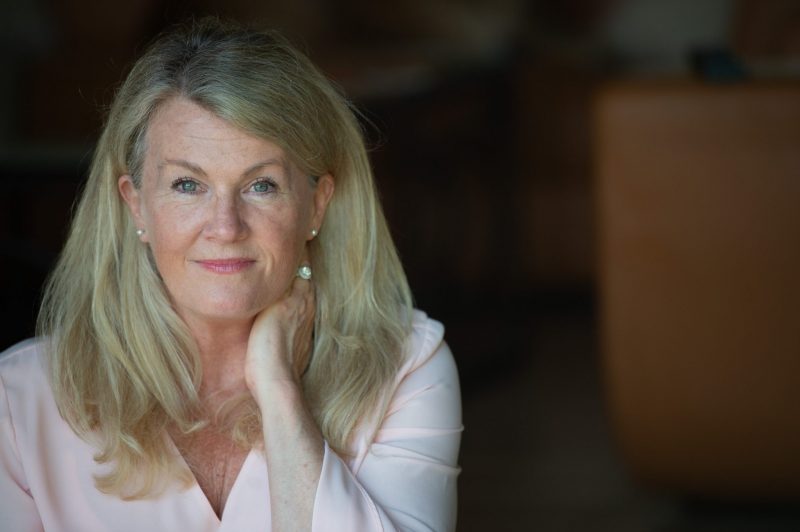Offer it Up!

Offer it Up!
When we meditate, it may seem like we are sitting alone in a room and practicing only for ourselves. However, this can change when we meditate with an awakened heart and mind (called bodhicitta in Sanskrit) and then dedicate the merits of our practice – the goodness – toward relieving the suffering of the world.
Like a prayer for those in need of healing, compassion, and hope, some say offering the merits of one’s practice is similar. However, unlike prayer with petitions to a spiritual power to act as a mediator in taking care of another, offering the merits of your own practice doesn’t require any outside help.
Through meditation our own suffering is reduced, and a natural desire to alleviate the suffering of others arises.
Loving-kindness, known as maitri in Sanskrit, and metta in Pali, is not only a popular meditation practice, it is also an attitude that arises from one’s practice. Loving kindness begins with an attitude of warmth and empathy, and evolves into compassion, which is in its purest form, an indelible sense of being connected to – and having concern for – all beings, everywhere. When you are compassionate, you understand the depth of one’s suffering and feel committed to alleviating it. Compassion is an active expression of love.
Compassion turns your love into action.
This action can be as simple as saying a prayer, or offering heartfelt wishes for the well-being of those in need, or taking action to alleviate the suffering of another. For those who meditate, one way to turn your love into action is to offer the merits of your meditation practice to benefit anyone who is struggling.
This practice of “offering it up” helps you develop more generosity, loving-kindness, and equanimity: the ability to see all beings as equally important. (Yes, we know there are those who seem morally challenged, violent, and destructive, so, this practice isn’t about condoning them, however, it does keep our heart open and invites the possibility of their liberation from ignorance and the subsequent transformation of their lives.)
When you dedicate the merits of your practice to ease the suffering of sentient beings, not only does your awareness expands, and your heart opens even more, your mind also opens and this can cultivate your loving imagination.
The great scientist Albert Einstein was quoted as saying, “Imagination is more important than knowledge. Knowledge is limited. Imagination encircles the world.”
Using your imagination for the good of others is one of its best uses.
You can imagine that the goodwill you generate through your practice of meditation diminishes the suffering whether they be those who don’t have enough to eat, those who are poor, those afflicted by ailments of the mind, body or spirit, or those who are in unsafe situations. With your imagination, you can invite the possibility for the end of suffering to actually happen. As they say, if you can’t imagine it, it is nearly impossible for it to occur.
So, whether you focus on alleviating the suffering of just one being or a collective, here are the challenged who could benefit from you dedicating the merits of your practice to them:
- The hungry—whether humans or animals—who are facing the uncertainty of survival without enough food, and to the poor, who may lack the basic necessities of security, housing, and safety, may they find relief from their suffering and gain access to clean water, nourishing food, and find shelter in which they are able to sleep safe in sound.
- The sick, whether burdened by physical, mental, or spiritual ailments, may they experience healing and comfort, as they find ease in their journey and feel hopeful and uplifted as their body is healed.
- The incarcerated and trapped, both humans and animals, may they get to experience a release from their confinement and live with freedom from their captives.
- The lonely, whether separated from loved ones or isolated from the world, may they find meaningful relationships, companionship, community, and connection.
- Those who grieve, both human and non-human, and who mourn the loss of those they hold dear, may they find solace and peace in the loving memories of their departed loved one, even sensing their presence and protection.
- Those who endure cruelty and mistreatment, may they be freed from their oppressors, experience safety, rekindle their self worth, find self-love, experience justice, and have the will to move forward with a sense of wholeness.
- Those who are displaced from their homes, community or from family, may they find safety, comfort, and the provision of a supportive community. May they regain emotional health and strength to navigate their challenges.
- All beings who are fearful, whether due to danger, trauma, or uncertainty, may they find courage to move forward, may they easily find safety, shelter, and security, and may they meet caring beings who with open arms, hold them close until the fear dissipates
Four steps to offer the merits of your practice to those in need:
- Meditate as usual.
- Just before you end your practice, bring into your heart and mind anyone, any population, or any cause that would benefit from your loving intention.
- Take a moment to imagine them living without pain and suffering. Imagine them feeling at peace, and living in love. (See suggestions above)
- End your practice with a simple phrase such as “May all beings be free from suffering and experience peace.” Or whatever feels comfortable to you.
Here are two prayers I use:
May all beings be liberated from suffering and easily navigate the stormy waves of birth, sickness, old age, and death.
I sing a Sanskrit chant – repeating it three times:
Lokah Samastah Sukhino Bhavantu, which translates as:
May all beings everywhere be happy and free from suffering,
and may the thoughts, words, and actions of my own life
contribute in some way toward happiness and freedom for all.
Sarah McLean
Sarah McLean is an acclaimed teacher and thought leader who is determined to create more peace on this planet by helping people wake up to the wonder and beauty of their lives and the world around them through the practices of meditation and mindfulness. She inspires audiences everywhere blending the spirit of Zen wisdom with Vedic knowledge and self-inquiry. She helps demystify meditation and makes it accessible to anyone. It was over 30 years ago when she began her daily meditation practice, and moved in to a Transcendental Meditation community. There, she received advanced training in meditation and studied Ayurveda. Since 1993, when she became the education director for Deepak Chopra’s Center for Mind Body Health, she's been teaching contemplative practices and mind/body health. In 1997, she went to India to live in a traditional ashram in India, When she returned to the States, spent two years as a resident trainee in a Zen Buddhist monastery. She fell in love with Self-inquiry and served as the director of Byron Katie's School for the Work. In 2012, she founded the McLean Meditation Institute, home of the Meditation Teacher Academy which certifies meditation and mindfulness teachers through its 300-hour teacher training program. Her bestseller, Soul-Centered: Transform Your Life in 8 Weeks with Meditation, and her most recent book, The Power of Attention: Awakening to Love have received rave reviews. She now lives in Santa Barbara, California where she trains meditation teachers and offers online classes and lives a life she loves.






